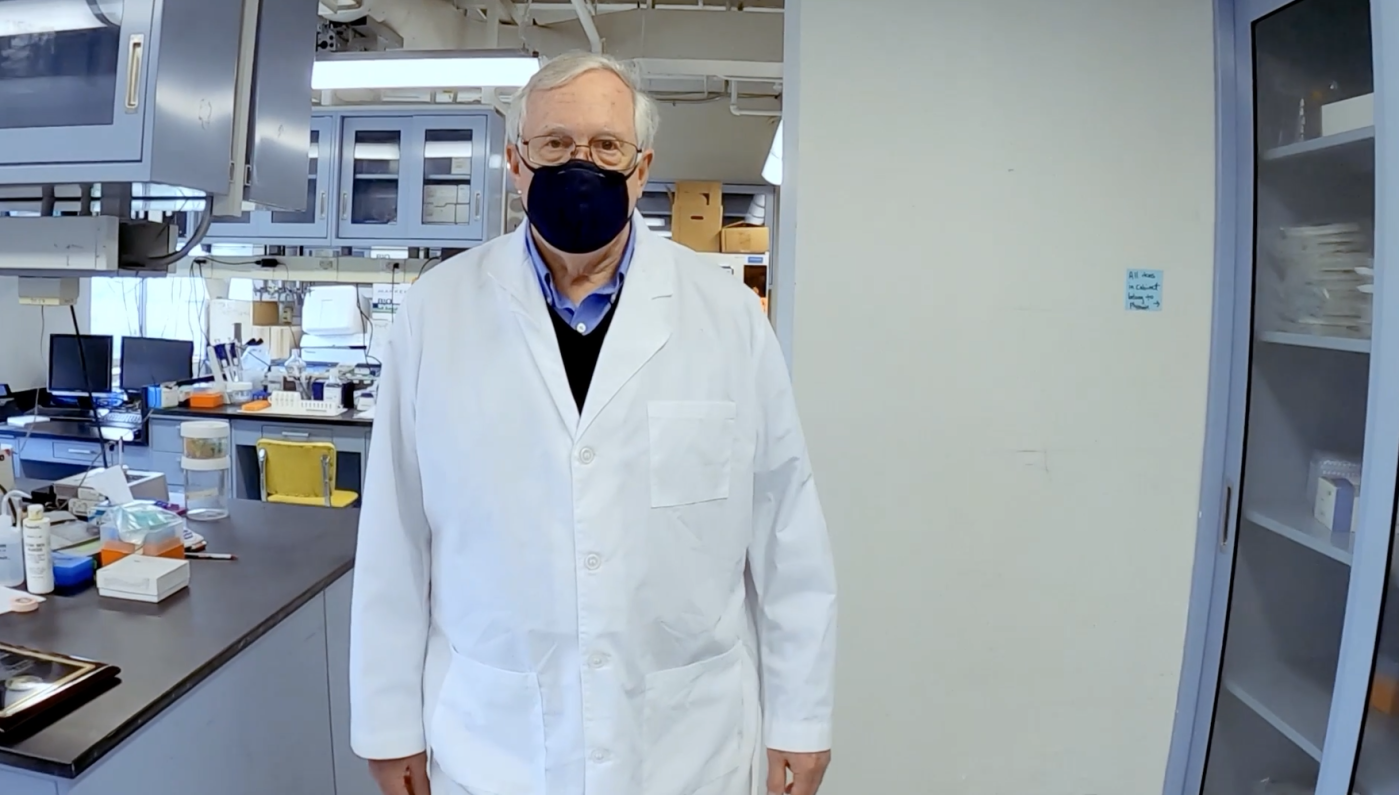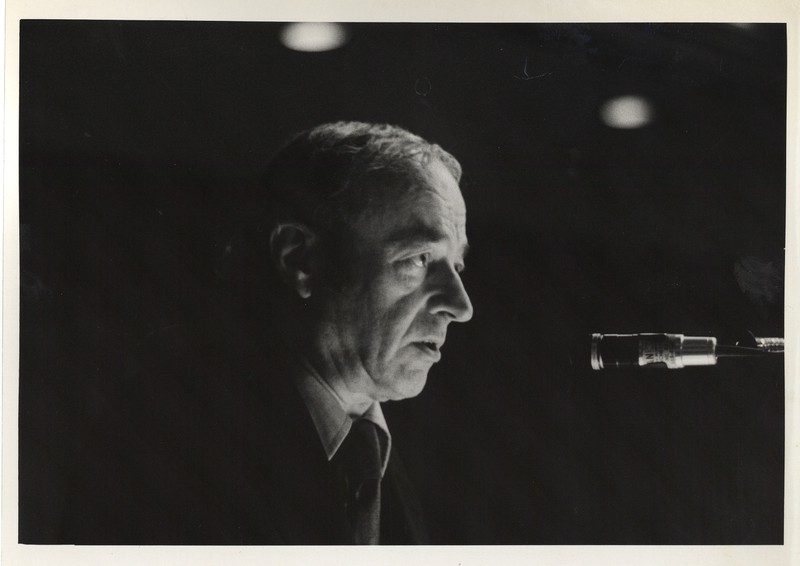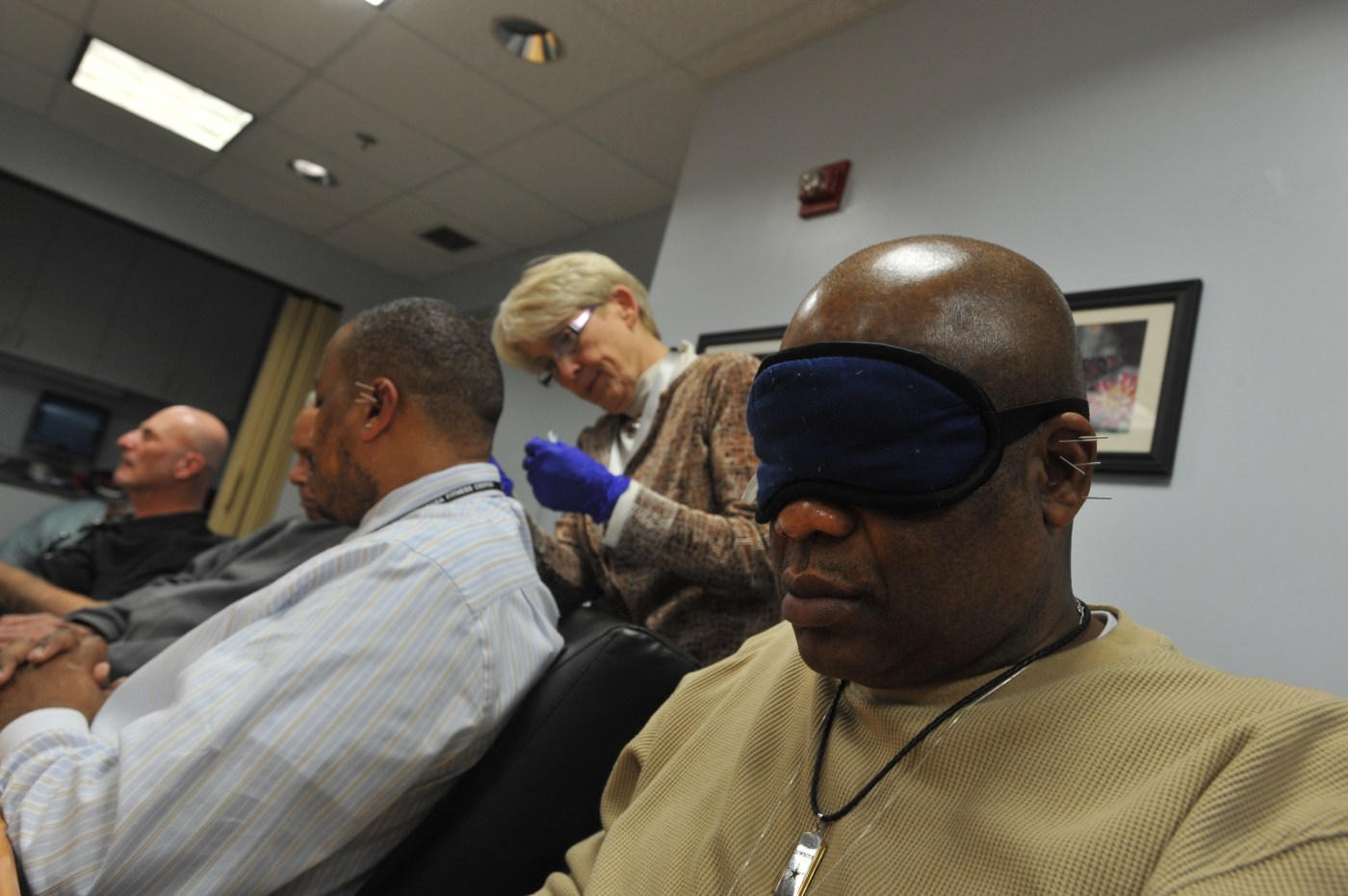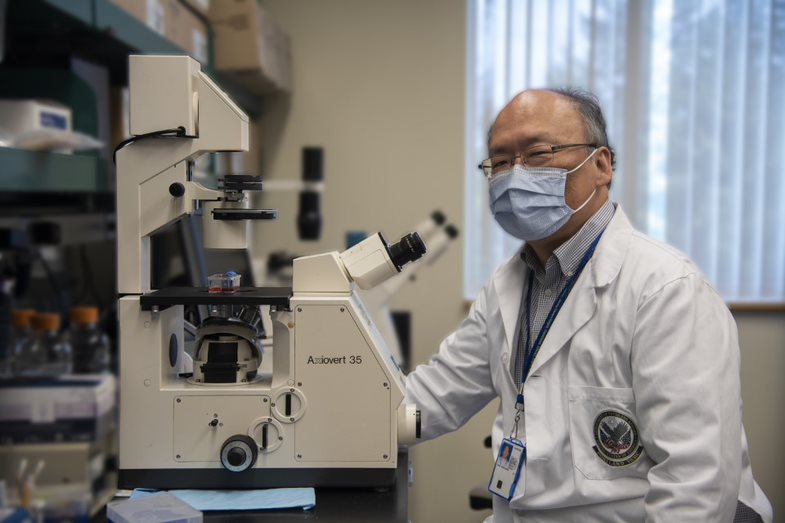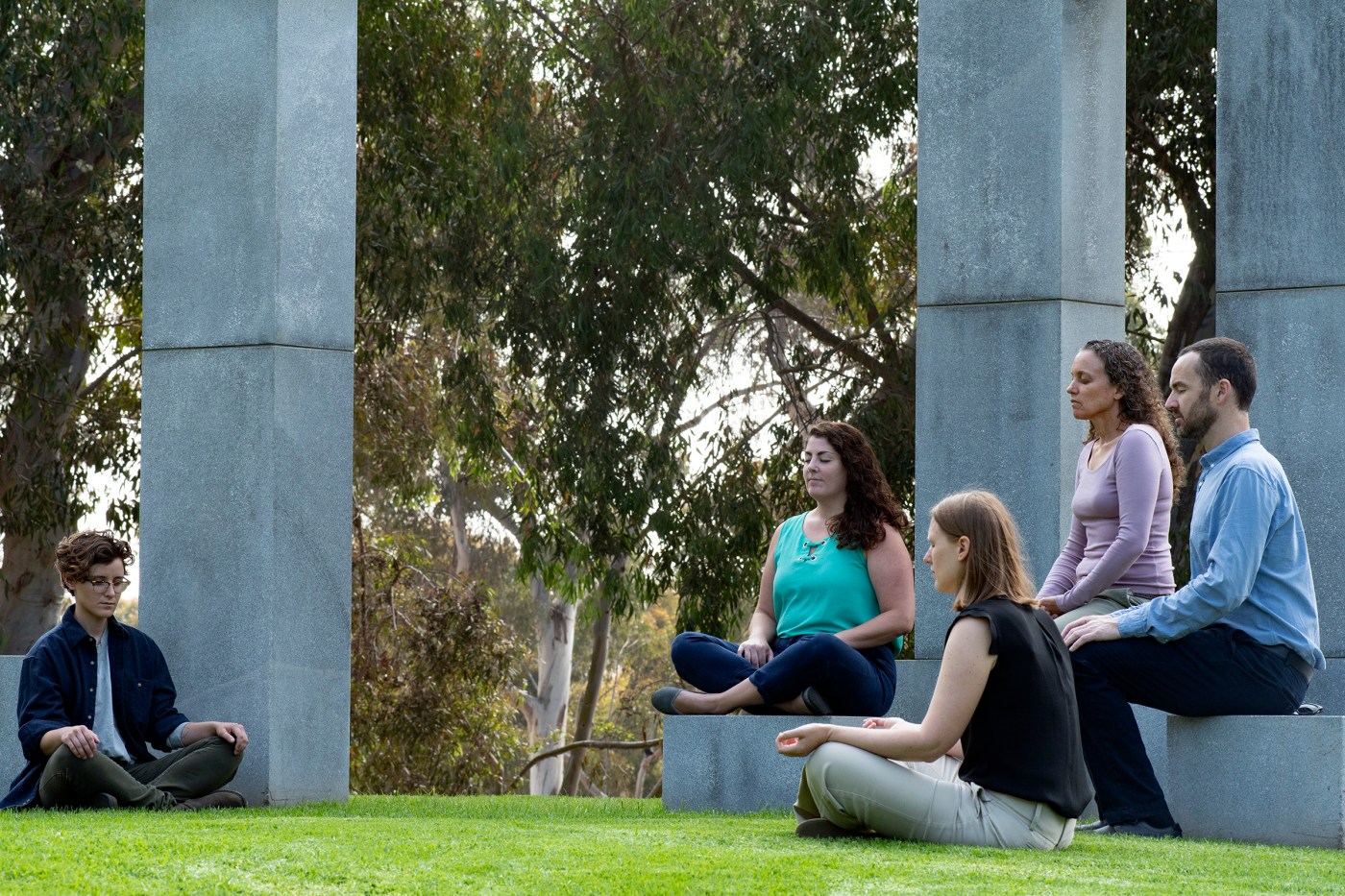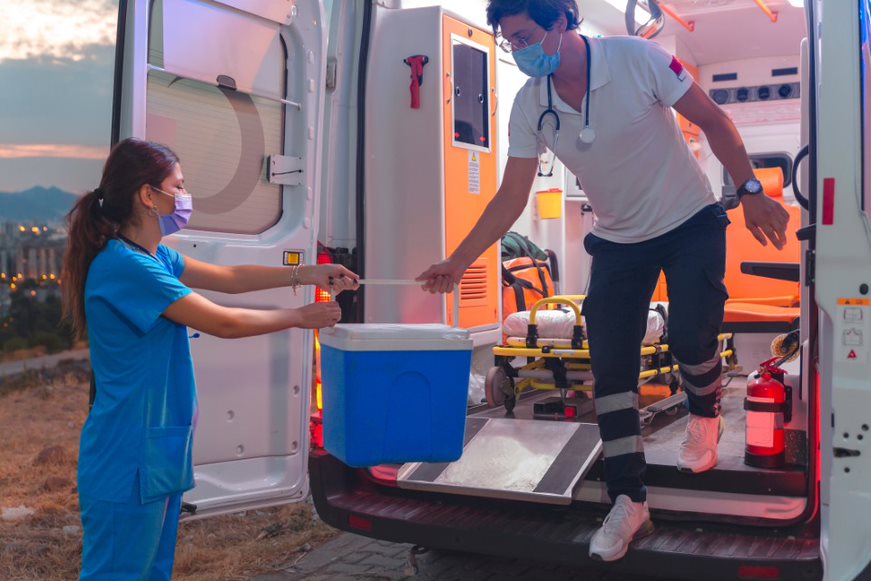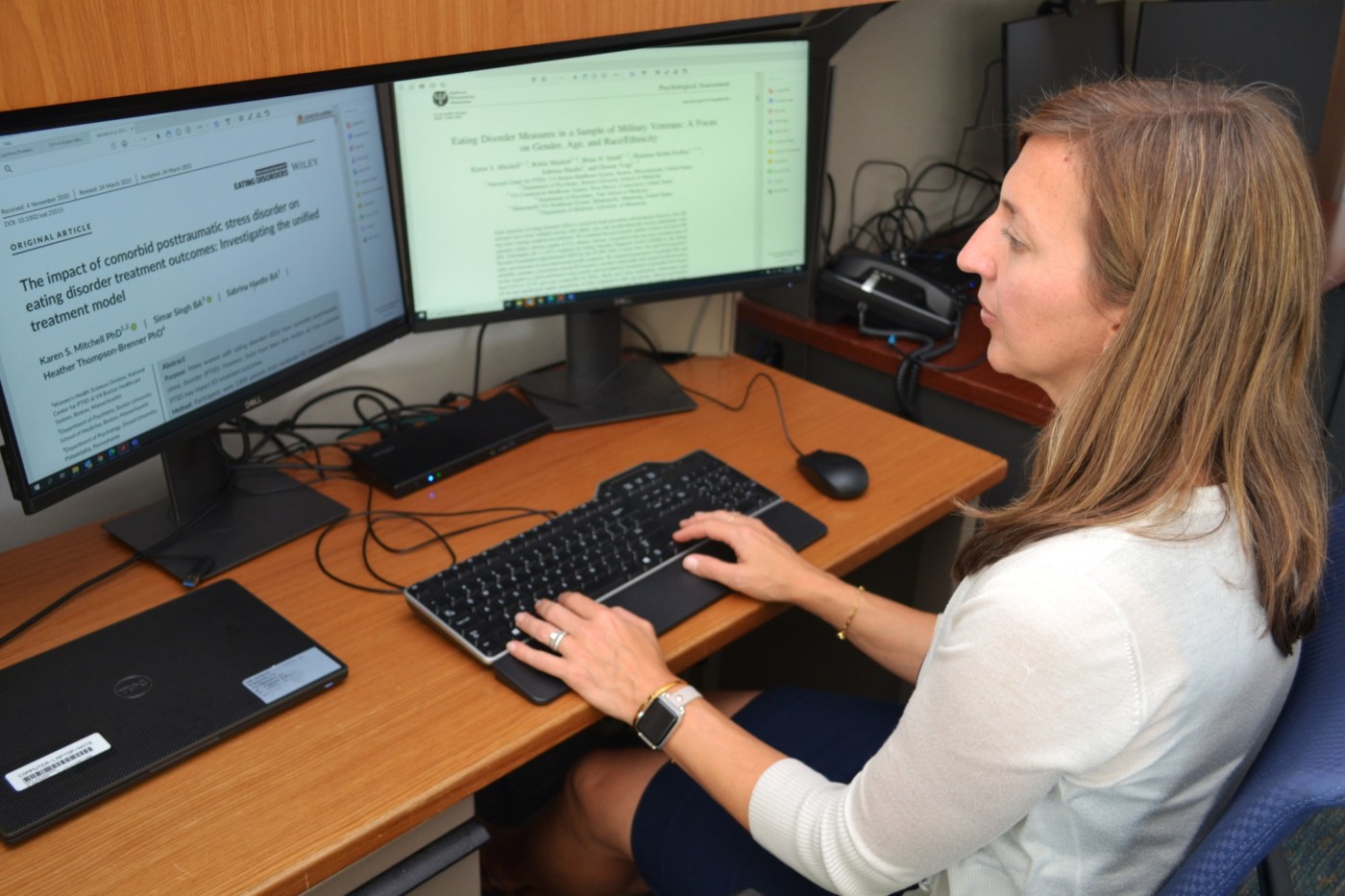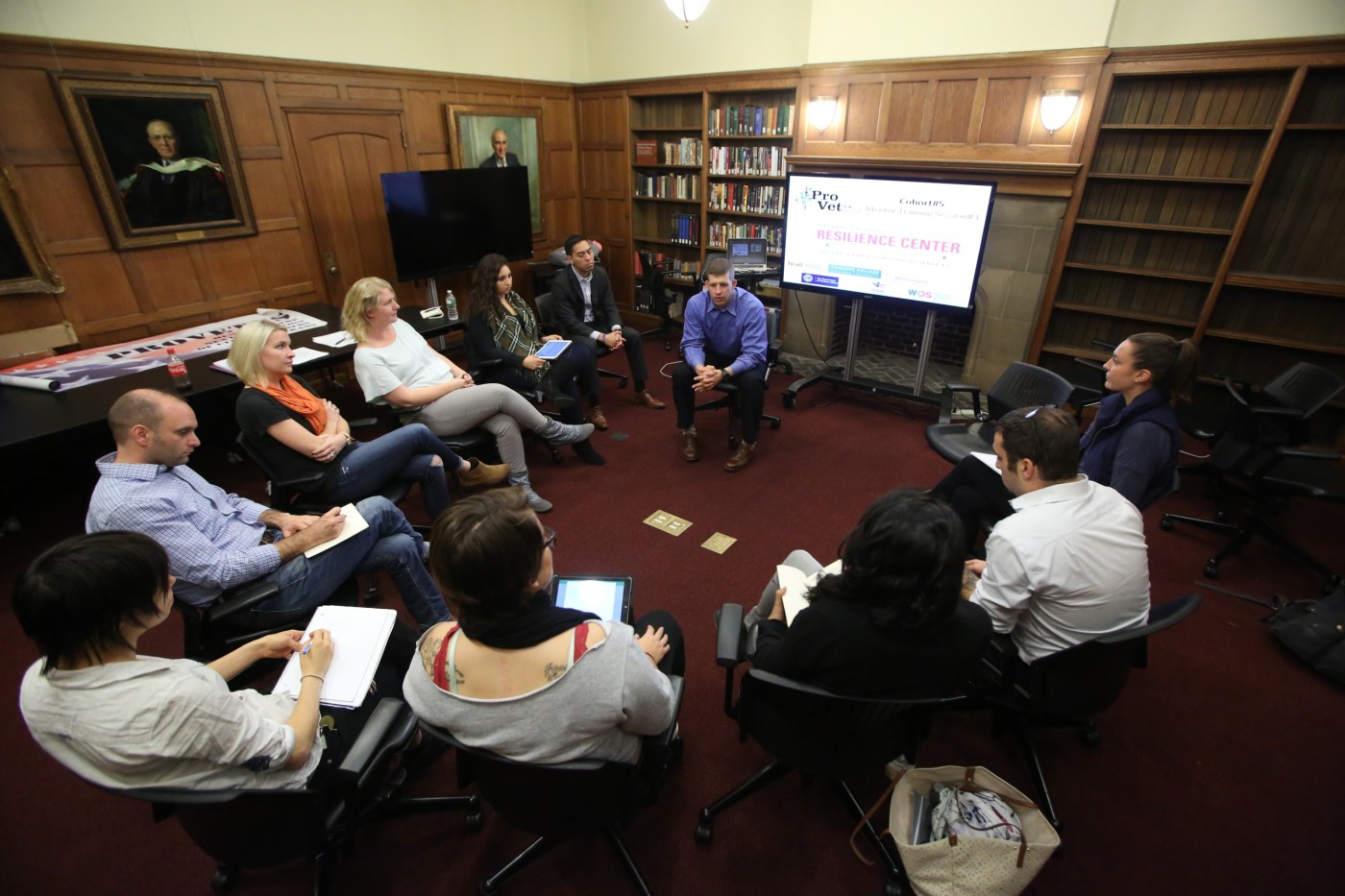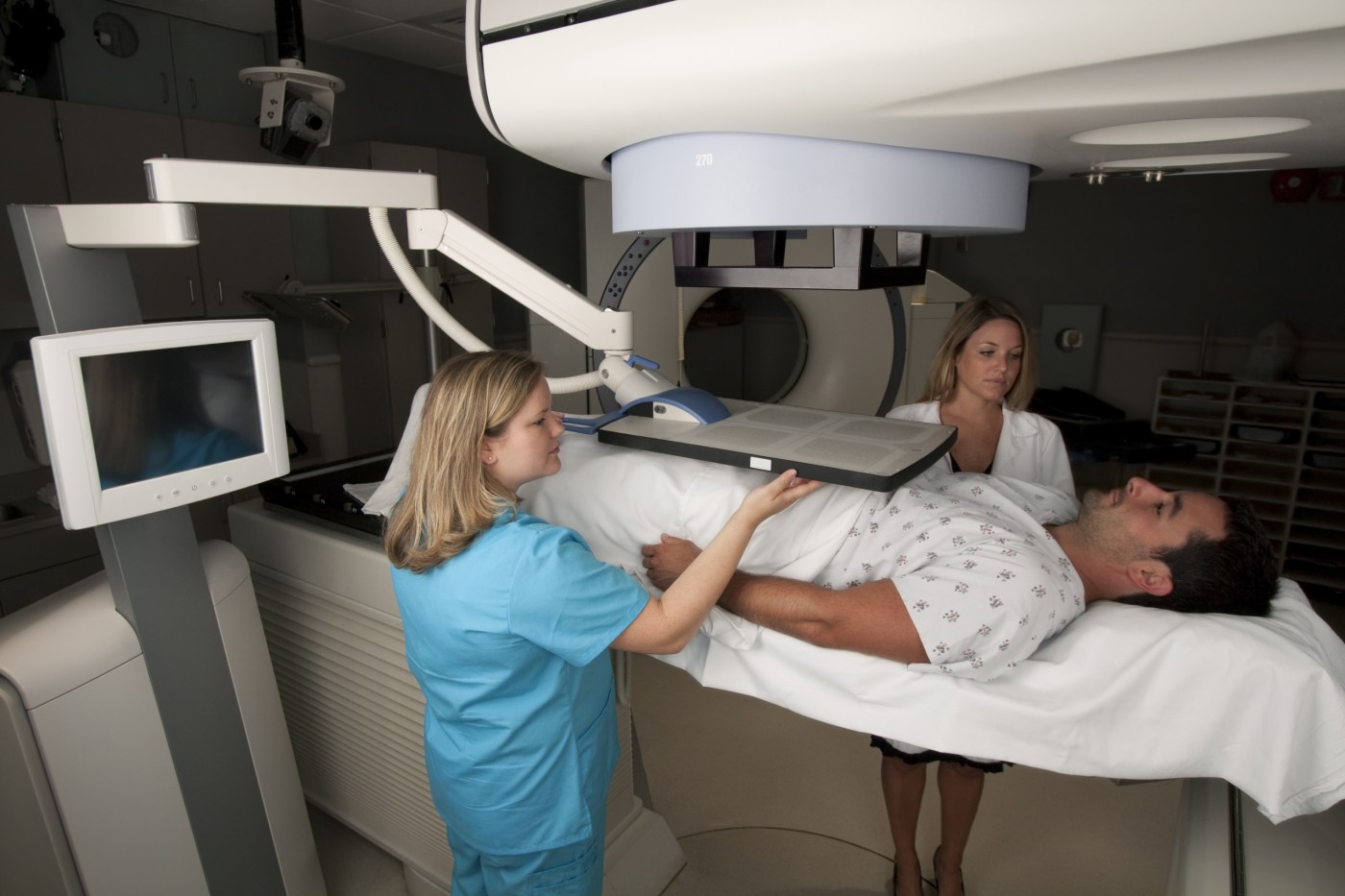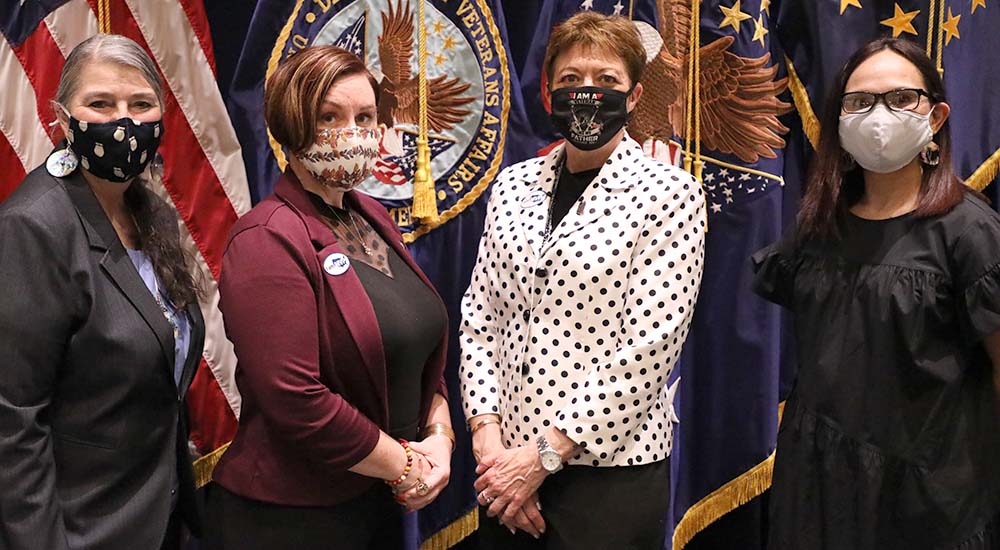Singh is a professor at Baylor College of Medicine and an investigator at the Center for Innovations in Quality, Effectiveness and Safety (IQuESt), a VA-funded research center at the DeBakey VA Medical Center.
A growing body of research is showing that brief psychological treatments designed to combat myths regarding the danger of physical symptoms of anxiety, coupled with repeated exposure to these sensations, can lead to reductions in anxiety sensitivity, according to Ennis.
I’m involved in prostate cancer basic research and new drug development. Prostate cancer is the most common non-skin cancer in Veterans. About 35,000 Veterans with prostate cancer receive treatment in the VA system.
Freis, born in Chicago in 1912, originally considered a career as an actor, before turning his focus to medical research. He graduated from the University of Arizona in 1936 and received his medical degree at Columbia University in 1940.
“Pain is extremely prevalent among Veterans and others, and there is a need for novel pain treatment approaches,” says VA’s Dr. Stephanie Taylor, the article’s lead author and the director of VA’s Complementary and Integrative Health Evaluation Center. “Not everything works for everybody. You need as many effective tools in the toolbox as you can get.”
Breast cancer is the most common form of cancer for American women. Although mammogram screenings have lowered the number of deaths from breast cancer, better screening methods could help determine risk and help prevent the cancer before it develops, according to the study researchers.
Today, Lang is the director of the Center of Excellence for Stress and Mental Health at the VA San Diego Healthcare System. She’s also a professor at the University of California, San Diego. Her research and clinical work are focused on trauma-related disorders, including the use of complementary and alternative techniques, such as meditation, for treating PTSD.
A recent VA Houston study published in Alimentary Pharmacology and Therapeutics found that hepatitis C positive organs are a safe and effective option for most transplant candidates. Newer antiviral drugs have made it possible for patients to be successfully treated for hepatitis C infections transmitted via organ transplant.
The Renfrew Center created the Unified Treatment Model. It’s a modified version of the Unified Protocol, a form of cognitive behavioral therapy for people diagnosed with depression, anxiety disorders, and emotional problems.
“We as post-9/11 Veterans are very resilient and can make significant and positive contributions to society. But at the same time, our military service and the difficulties we face reintegrating to civilian life make us one of the highest-risk Veteran populations.”
Prostate cancer is the most commonly diagnosed cancer among Veterans in VA. It accounts for nearly a third of cancer diagnoses. Prostate cancer is often found early and cured with treatments such as surgery or radiation. But some patients’ cancer spreads and becomes life-threatening.
Women leaders across VA enrolled in a national research program looking at health and illness in Veterans. They invite you to join them.



